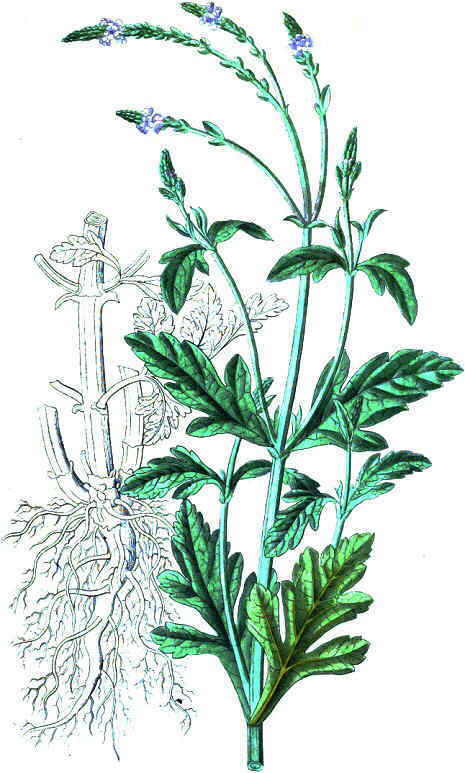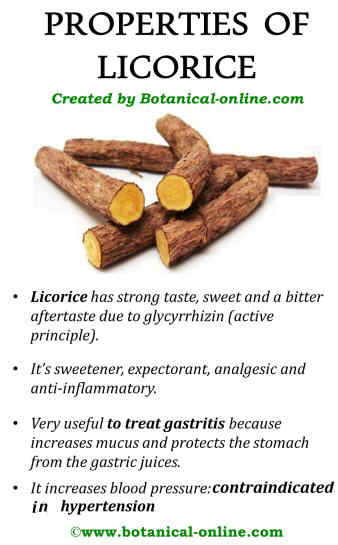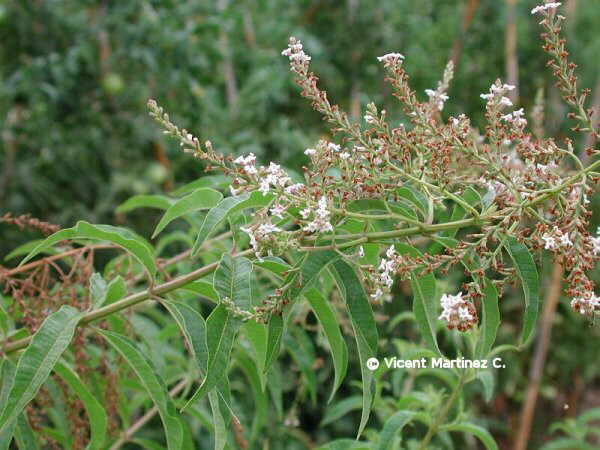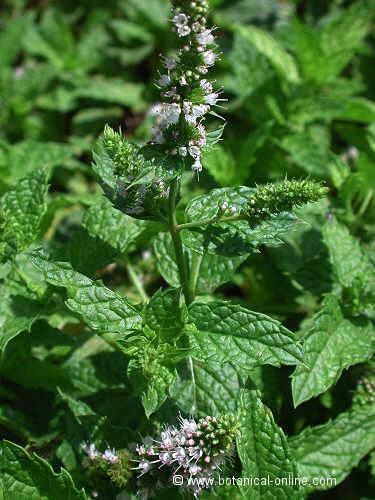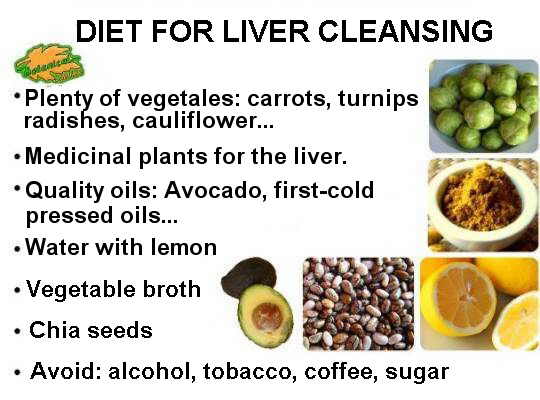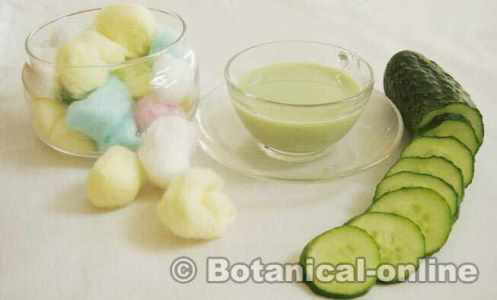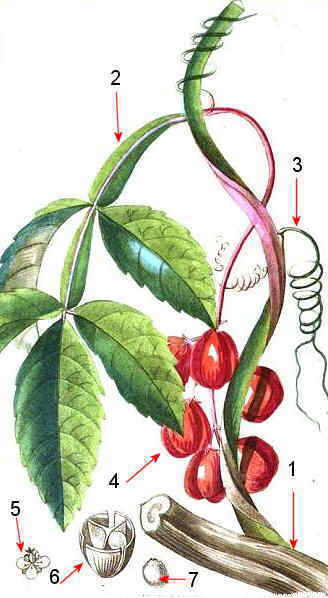Contents
Natural remedies for Parkinson’s
NATURAL TREATMENT FOR PARKINSON’S DISEASE
How to cure Parkinson’s disease with natural remedies
The use of vitamins, minerals and supplements in the treatment of Parkinson’s disease is appropriate to help reduce the symptoms of this disease or slow the progression of them.
All these treatments must be done in accordance with your doctor. As some of these treatments may interfere with some medicines, it is required to consult with the physician before taking anyone of them
Medicinal plants supplements for Parkinson’s disease
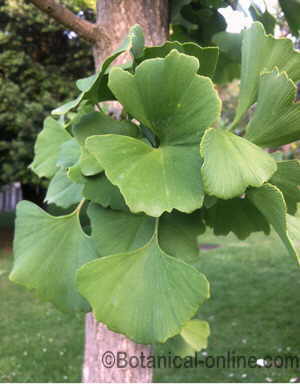
Leaf extracts of ginkgo biloba are very antioxidant, so they can be very helpful to prevent or treat Parkinson’s disease
- Ginkgo biloba: It can be used to combat Alzheimer’s, Parkinson’s, schizophrenia or multiple sclerosis, not only by improving the brain blood flow, but for its antioxidant properties that are able to fight free radicals responsible for cell damage and the onset of many degenerative diseases. (Between 60 and 240 mg daily of leaf extracts in 3 divided doses throughout the day)
- Guarana: (Paullina cupana) Recent epidemiological studies in some population groups have linked high consumption of drinks with caffeine, such as coffee or guarana drinks, with lower future risk of neurodegenerative diseases like Parkinson’s disease.
Importance of vitamins, minerals and other supplements in the treatment of Parkinson.
Among the main natural remedies that can help treat Parkinson’s disease we can include the following:
- Vitamin B6 (Pyridoxine): The use of this vitamin stimulates the production of dopamine. The usual dose is around 150 mg daily in three divided doses. This vitamin interferes with other drugs commonly prescribed to treat the disease. Consult your doctor before starting treatment.
- Vitamin E: It constitutes a powerful antioxidant that can help protect the cells of the brain. The habitual dose is stipulated in 400 daily UI.
- Vitamin C: Like vitamin B, its antioxidant activity helps to protect the brain cells, including those ones in charge of the dopamine production. Usual treatment intake is about 2000 daily mgs, distributed in two takings.
- NADH: (nicotinamide adenine dinucleotide), NADH is a coenzyme present in all cells. Involved in cellular energy production and is necessary for cells to function properly. Thus, for its antioxidant properties, it is thought to help reduce free radicals.Because of its importance as a neurotransmitter, enhances memory, logic and thought. NADH supplements have been used to treat neuronal degenerative diseases such as Parkinson’s or Alzheimer’s. The usual dose is 5 mg daily before breakfast.
- Coenzyme Q10: It is believed that the use of this coenzyme can help slow the progression of the symptoms of this disease. The usual dose is usually about 150 mg daily divided into three portions at meals.
- Copper: Many Parkinson’s disease patients show low levels of this mineral. Copper is necessary for the proper functioning of the nervous system in the formation of hemoglobin and collagen.The deficiency can contribute to many physical shortcomings, as the appearance of anemia, cardiovascular disease, problems of the nervous system, high cholesterol, immune problems, problems in the pigmentation of the skin or hair thinning. If the copper deficiency is verified with medical tests, supplements should have to be provided.
![]() More information on Parkinson’s disease.
More information on Parkinson’s disease.


